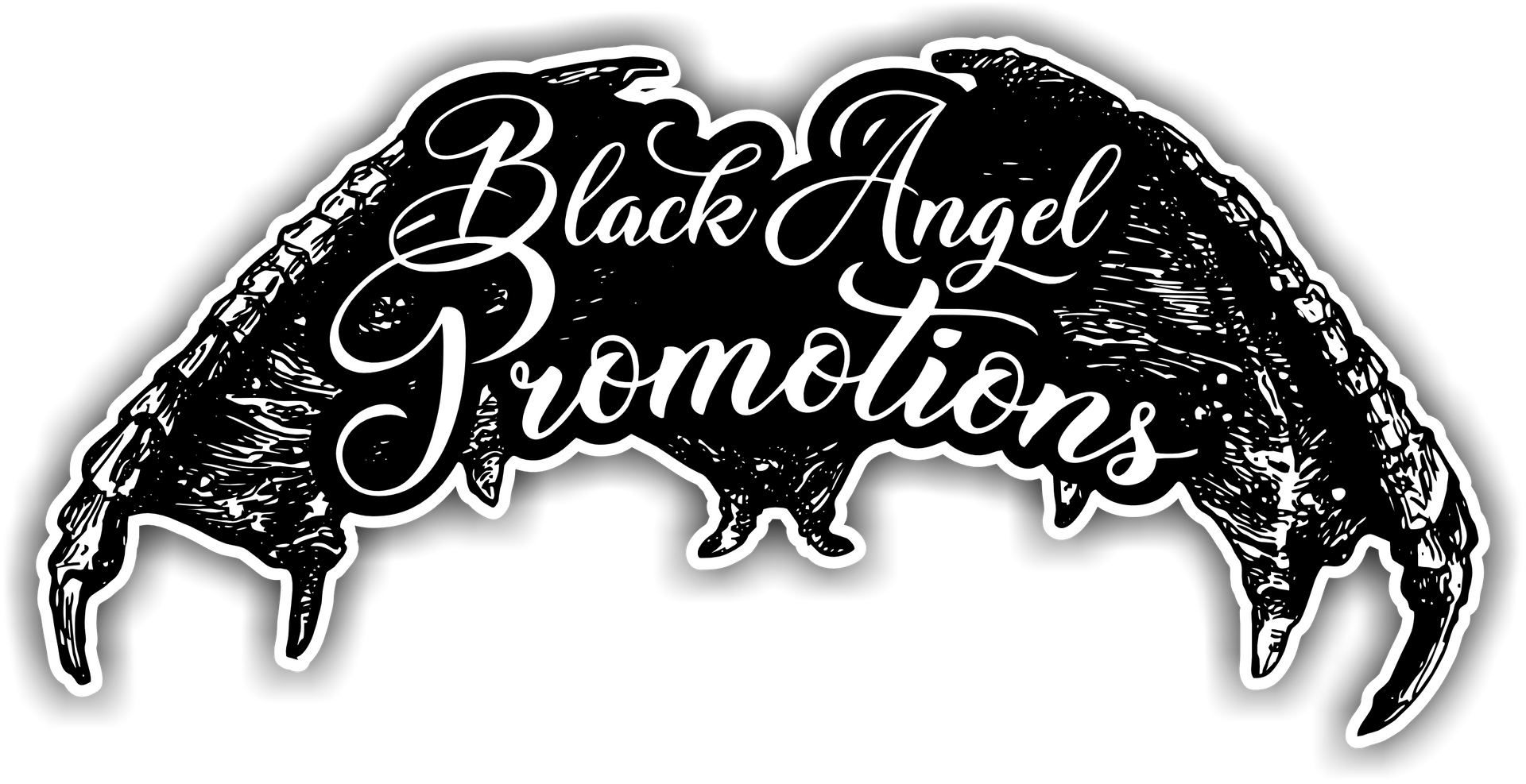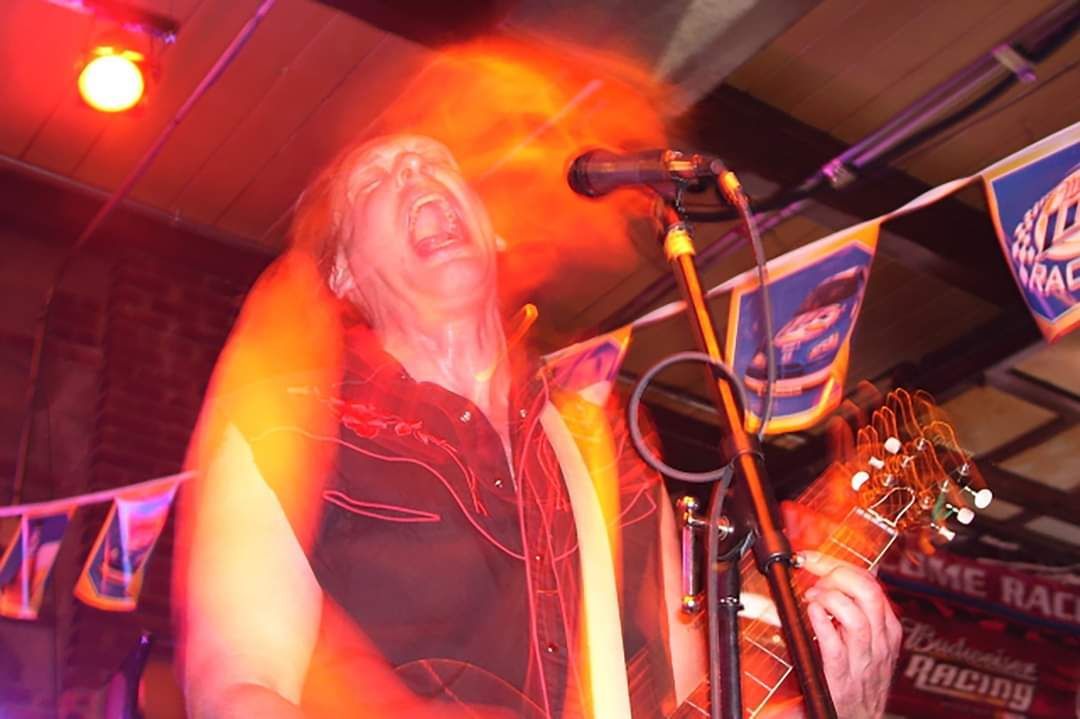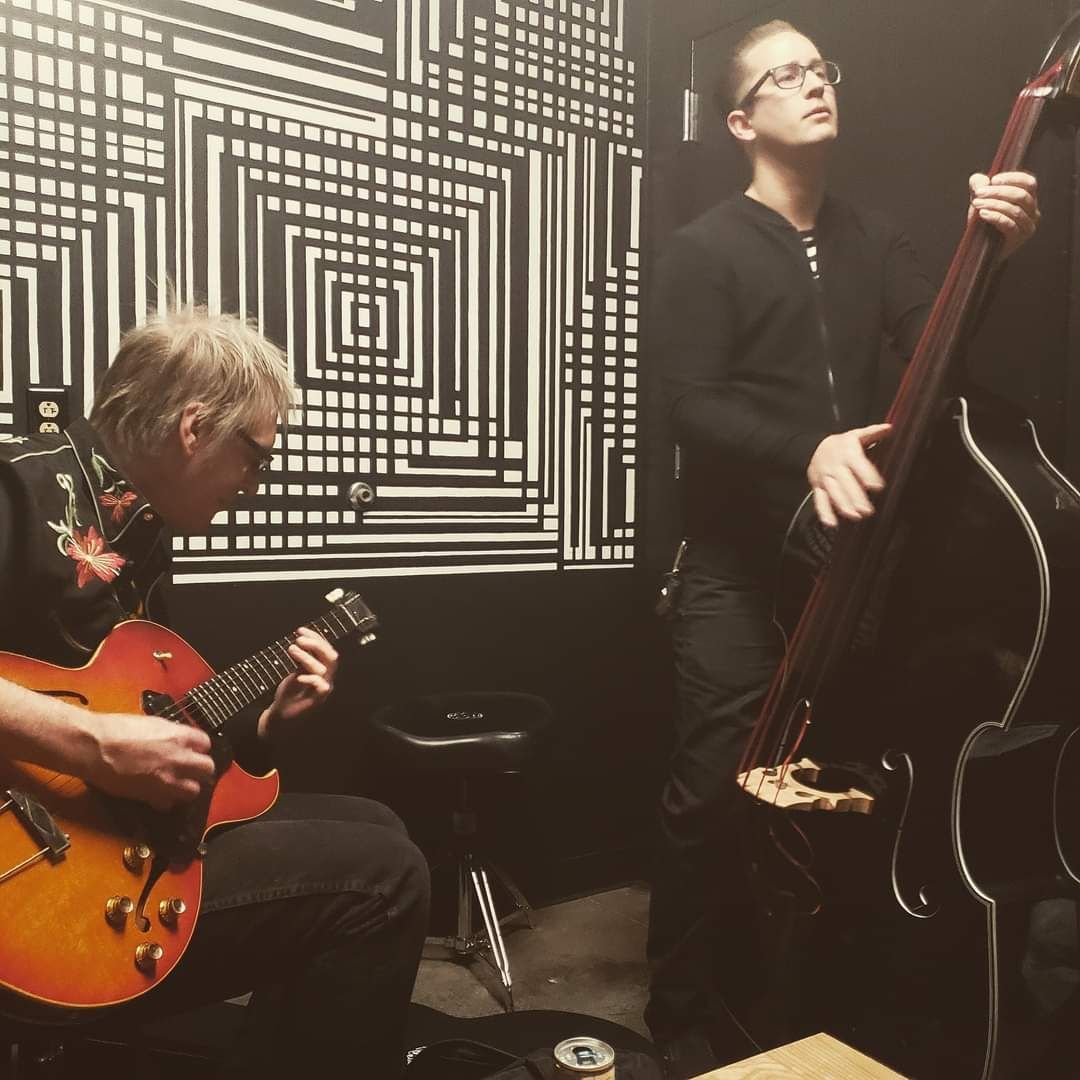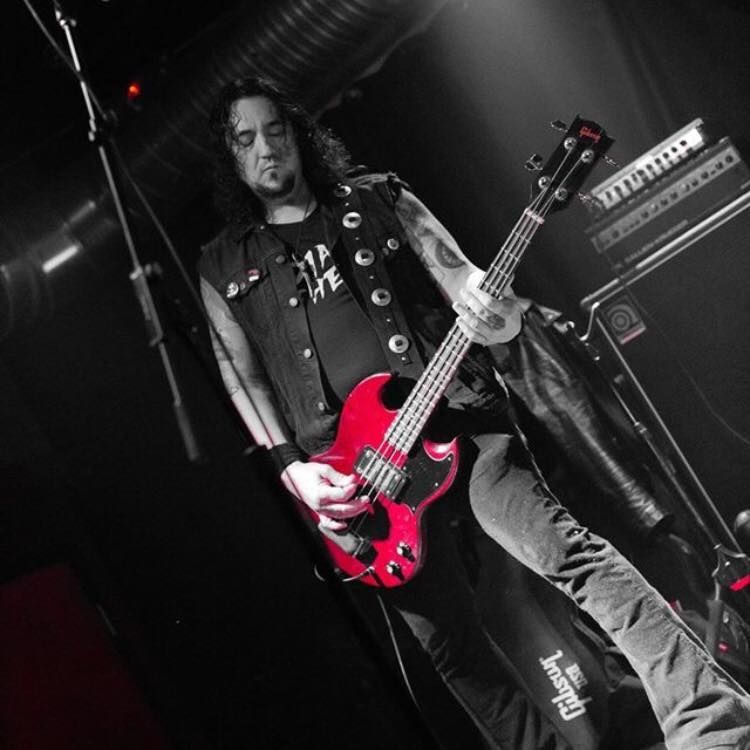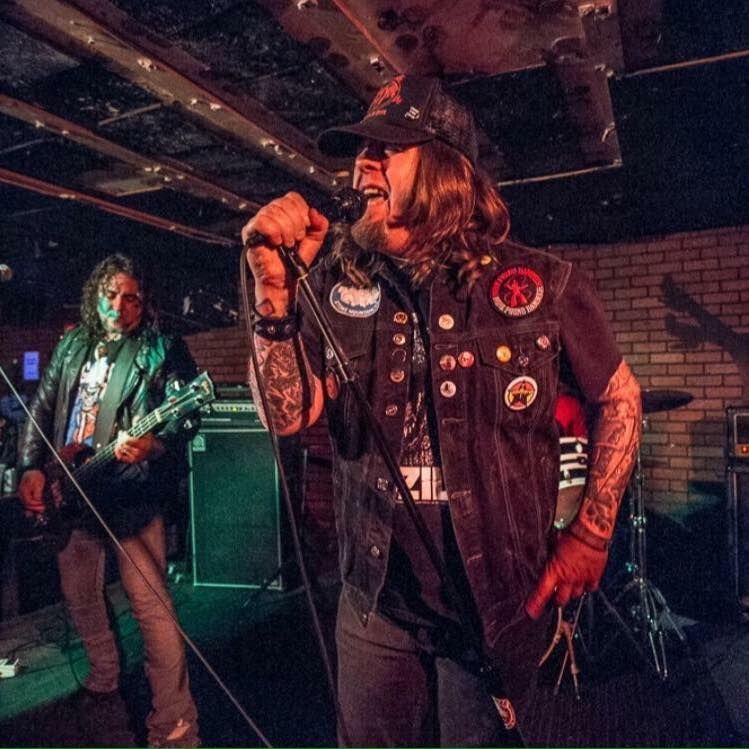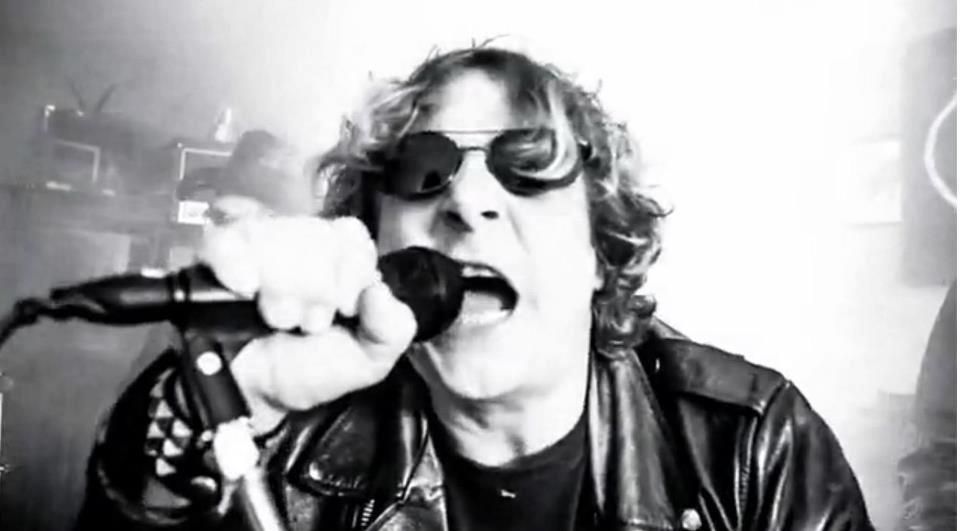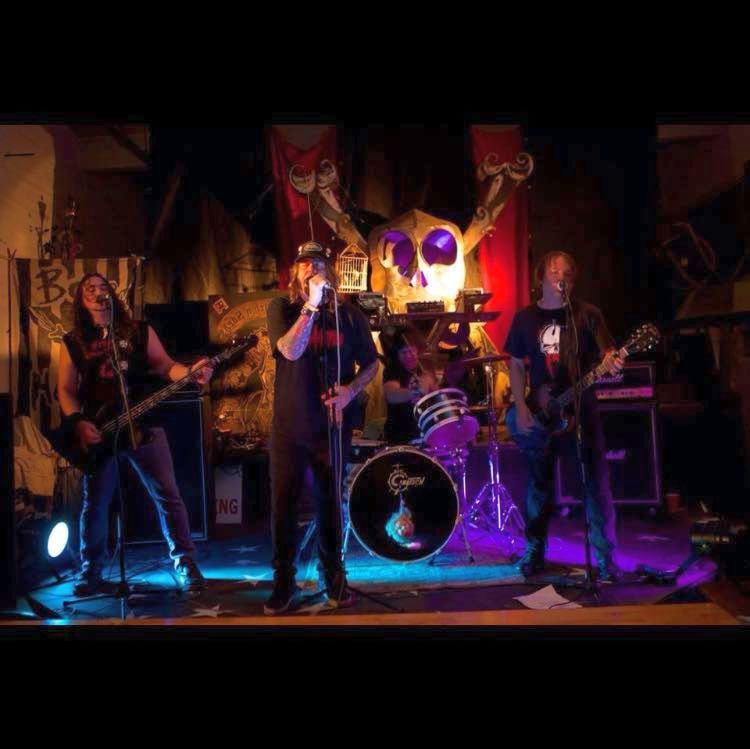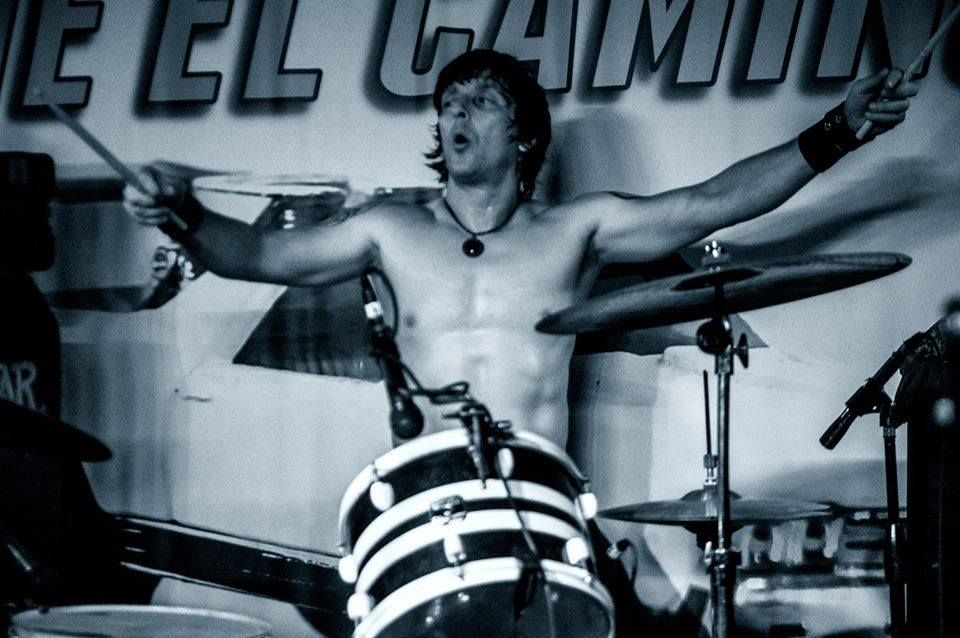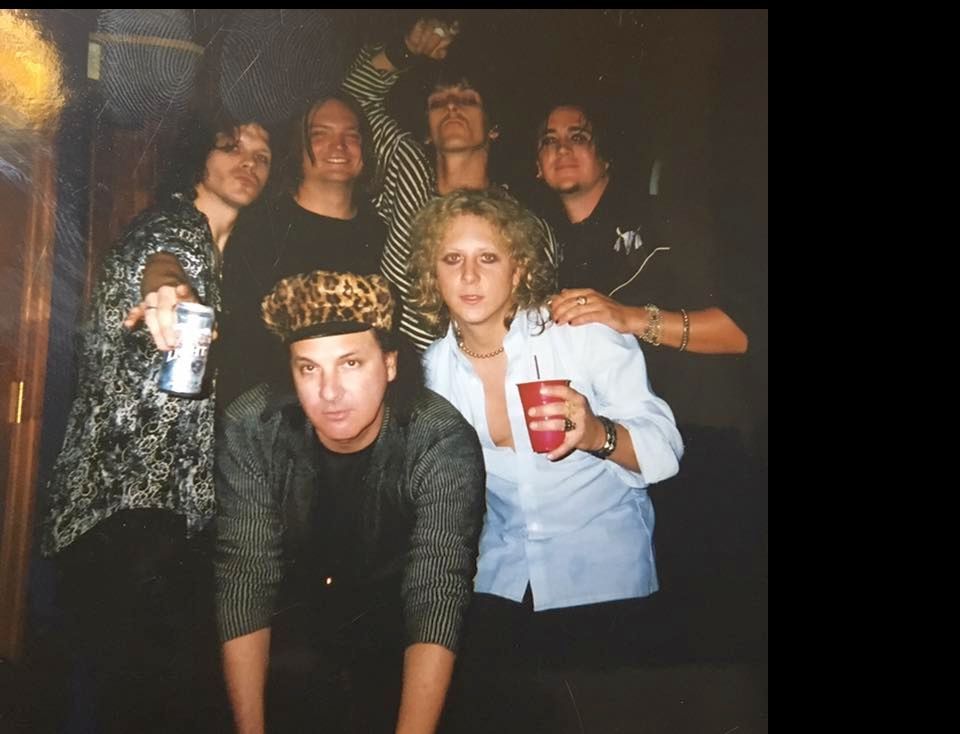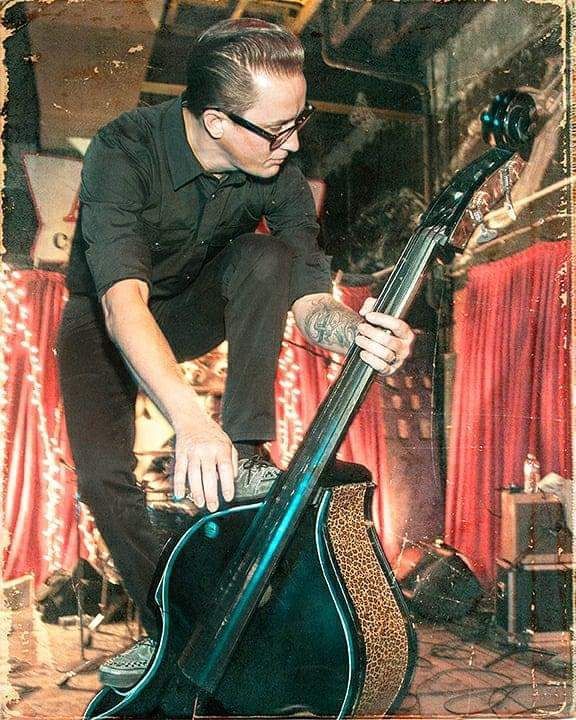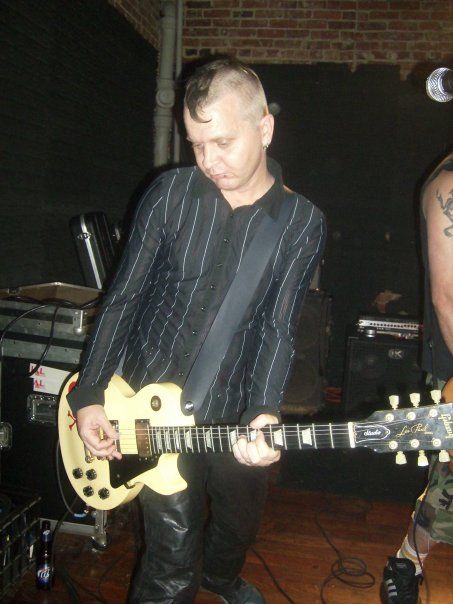House (aka HAUSU) Review (1977)
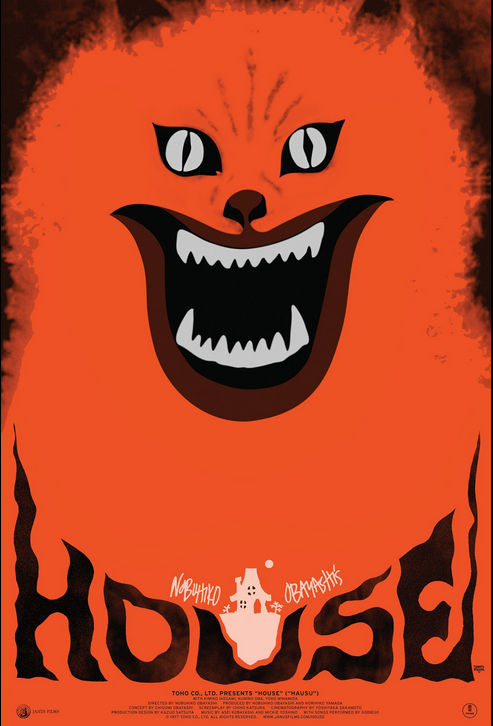
HOUSE (aka HAUSU, 1977)
“You can’t make sense of Hausu. You can only surrender to it.”
Some movies play by rules. Hausu sets them on fire and dances in the ashes.
Directed by Nobuhiko Obayashi in 1977, this Japanese cult classic isn’t just weird — it’s transcendent chaos.
It’s the sound of a filmmaker setting himself free, guided by the pure, unfiltered logic of a child’s imagination.
Obayashi got the idea for Hausu from his young daughter, Chigumi, who pitched him the wildest horror ideas she could think of: a piano that eats people, a severed head that bites, a house that comes alive when it’s lonely. Instead of smoothing out the rough edges, Obayashi built the film around them. That’s what makes Hausu feel so unique — it’s not trying to scare you the way an adult would. It’s trying to scare you like a kid does: with wonder, absurdity, and zero limits.
The story follows seven high-school girls — Gorgeous, Fantasy, Prof, Melody, Kung Fu, Sweet, and Mac — who take a trip to Gorgeous’s aunt’s secluded country home. Each girl is a walking personality type; a slice of youth turned into a character. When the house reveals itself as a supernatural predator, they’re picked off one by one in a series of surreal, hilarious, and haunting deaths. Melody is devoured by her own piano. Mac’s head flies through the air and takes a bite out of Fantasy. Kung Fu fights a room full of disembodied limbs and nearly wins.
It’s all rendered with a hallucinatory mix of practical effects, painted backdrops, crude animation, and frantic editing that looks like a haunted music video from another dimension. Obayashi, coming from a background in TV commercials, turns every shot into a visual experiment. The result is hypnotic: a horror movie that feels like a daydream collapsing into a nightmare.
And yet, beneath the absurdity, there’s heart. The lonely aunt, still mourning a fiancé lost in World War II, consumes youth as a way to fill the void left behind. The house’s madness isn’t random — its grief turned inside out, devouring everything it touches. That’s the secret tragedy hiding behind all the laughter and neon blood.
Bottom line: Hausu isn’t a parody of horror — it’s a reinvention of it.
It’s loud, fearless, and overflowing with ideas no sane studio would ever allow.
It’s punk cinema disguised as a fairy tale — a reminder that the most shocking thing a horror movie can be is completely original.
~Danny Frankenstein
